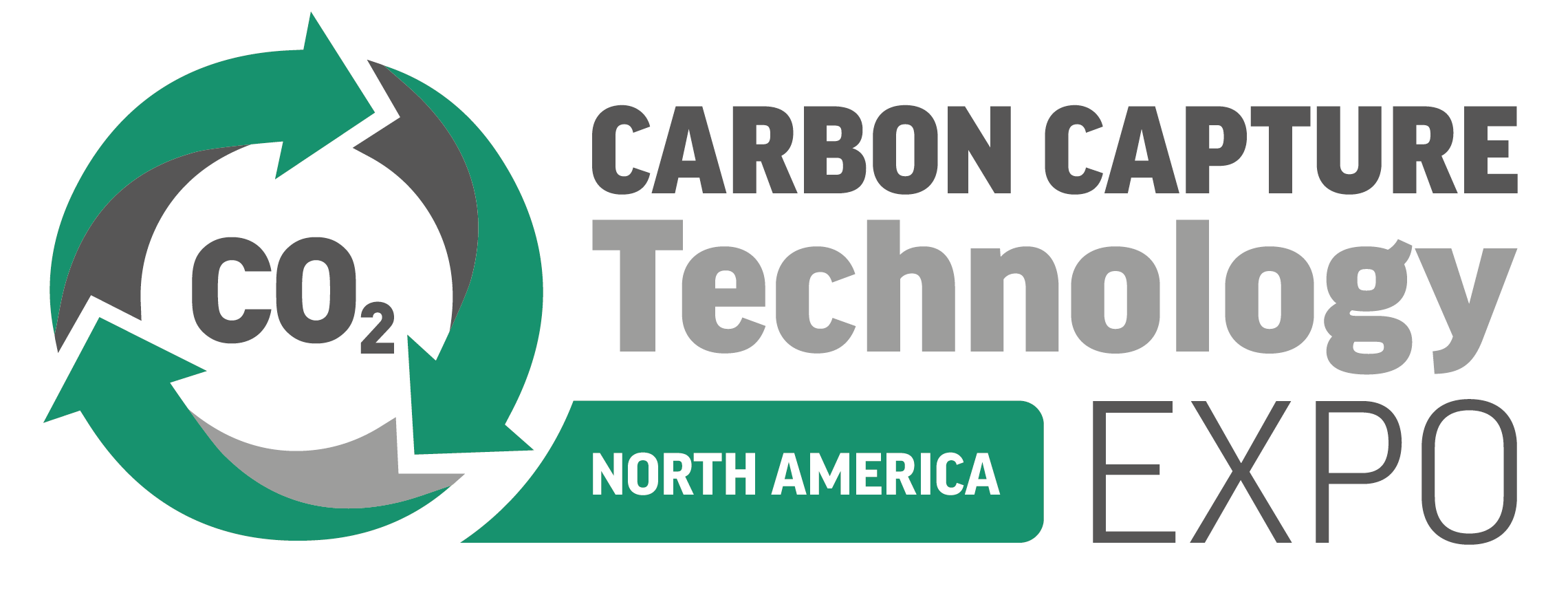Minnesota Start Up Carba Aims to Permanently Remove CO2 by Mimicking the Coal Creation Process
)
Minnesota start up Carba harnesses natural processes to capture carbon and sequester it underground to stabilize it for thousands of years through mimicking the process that created coal 300 million years ago.
Carba scientists and engineers utilize plants to suck CO2 from the air and then use a proprietary method to convert plant waste into recalcitrant solid carbon. Carba has developed the Biomass Torrefaction and Burial (BTB) process which takes these carbon solids and sequesters them in various mines, pits and landfills around the world.
“Torrefaction is a Latin word which just means ‘I burn’ or ‘I parch’. So essentially, what we’re doing is a low-temperature heating of the biomass which converts cellulose and hemicellulose molecules into a more recalcitrant solid carbon,” explained CEO and Co-founder of Carba, Dr. Andrew Jones in an interview with MPR News.
Carba’s method emulates the formation of coal from trees, a 300-million-year process, in minutes.
About 300 million years ago, there wasn’t a natural way to break down tree biomass. Trees would pile up when they fell because if the lack of the microbial process or fungal activity that could break them, Jones explained.
“So over millions of years, that’s what created those deposits of coal. And then, over hundreds of millions of years, the pressure and the heat converted it to a char, or a charcoal, that we’ve dug up and burned.
“So essentially, what Carba is trying to do is reverse that process and take trees, which sequester carbon dioxide, and then convert them back to a coal or a char and bury that back underground,” added Jones.



)
)
)
)
)
)



)
)
)
)
)
)

)

)
)
)

)
)
)
)
)
)
)
)
)
)
)
)
)
)

)
)

)
)
)
)
)
)
)
)

)
)
)

)
)
)

)
)
)
)
)

